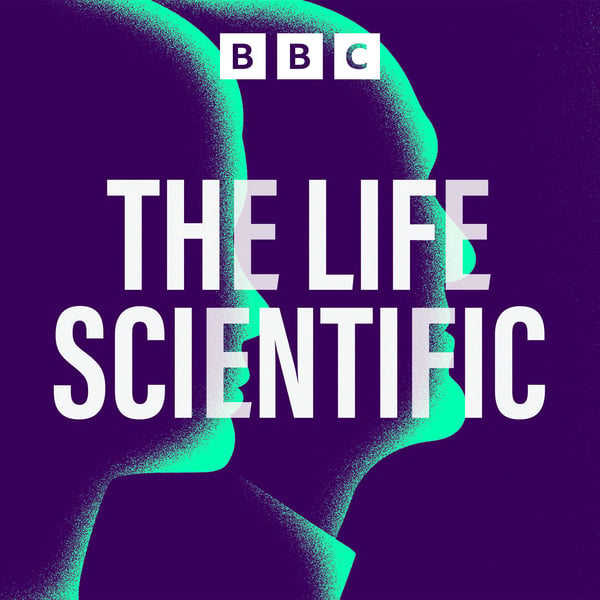Julia Higgins on polymers
The Life Scientific
BBC
4.6 • 1.4K Ratings
🗓️ 29 November 2016
⏱️ 28 minutes
🧾️ Download transcript
Summary
Transcript
Click on a timestamp to play from that location
| 0:00.0 | Hello and welcome to the podcast of the Life Scientific. |
| 0:03.6 | First broadcast on BBC Radio 4. |
| 0:06.2 | I'm Jumal Kiele and my mission is to interview the most fascinating and important |
| 0:11.0 | scientists alive today and to find out what makes them tick. |
| 0:15.0 | My guest today has been described as a grand dame of science, |
| 0:20.0 | a title she doesn't have time for. |
| 0:22.0 | She spent her research career investigating the molecular structure of materials that are ubiquitous in the world around us, polymers. |
| 0:30.0 | Dame Julia Higgins, trained as a physicist, but specializing as a material scientist has meant she's always worked alongside chemists and engineers. |
| 0:38.0 | No surprise then that she was the first woman to become both a fellow of the Royal Society and of the Royal Academy of |
| 0:44.5 | Engineering. As one of the early experts in the new field of polymer science, she worked on a |
| 0:50.0 | technique called neutron scattering, which was being developed at nuclear |
| 0:53.5 | research reactors like Harwell in the UK where she spent time as a young |
| 0:57.4 | researcher. Now an emeritus professor of polymer science and former |
| 1:01.8 | principal of the faculty of Engineering at Imperial College London, |
| 1:05.3 | Julia is still an active researcher, while devoting a good deal of her time encouraging more women into |
| 1:10.8 | science and engineering. In 2010 she was named as one of six women of |
| 1:15.0 | outstanding achievements in science, engineering and technology. |
| 1:18.0 | Dame Julia Higgins, welcome to the Life Scientific. |
| 1:20.0 | Hello Jim. Now I use the word polymers in my introduction, but I'm sure many |
| 1:24.8 | listeners won't know what they are. But if I say that both plastic bags and the |
| 1:29.6 | DNA in our cells are both examples of polymers. Yes exactly and that's that's a good |
| 1:34.8 | starting point. What they are are very long molecules, very long molecules, but |
... |
Please login to see the full transcript.
Disclaimer: The podcast and artwork embedded on this page are from BBC, and are the property of its owner and not affiliated with or endorsed by Tapesearch.
Generated transcripts are the property of BBC and are distributed freely under the Fair Use doctrine. Transcripts generated by Tapesearch are not guaranteed to be accurate.
Copyright © Tapesearch 2025.

